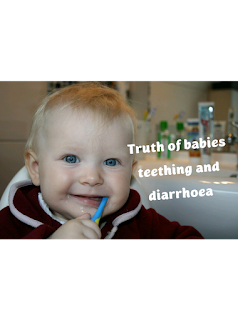Why do we dream?

Why do we dream? We often dream during sleep and most of us think why do we dream and what makes in our body to dream and how we remember it, Here is the answer for all that questions. Dreams are subconscious imaging that occurs during the REM (rapid eye movement) stage. In olden days people use to think that dreams are connection or medium between the man and God. Many scientists conducted number of research to study the science behind dream. Sigmund Freud states that dreams are nothing but an electrical impulses that randomly pulls our thoughts and images from the memories. Humans than construct a stories in an attempt to make a sense of it. Nightmares are one which we get from our bad experience and fear and phobias. Dreams and Emotions: Why the emotions are attached with dreams? What we see in dreams might not be real but the emotions attached to it are real ...





